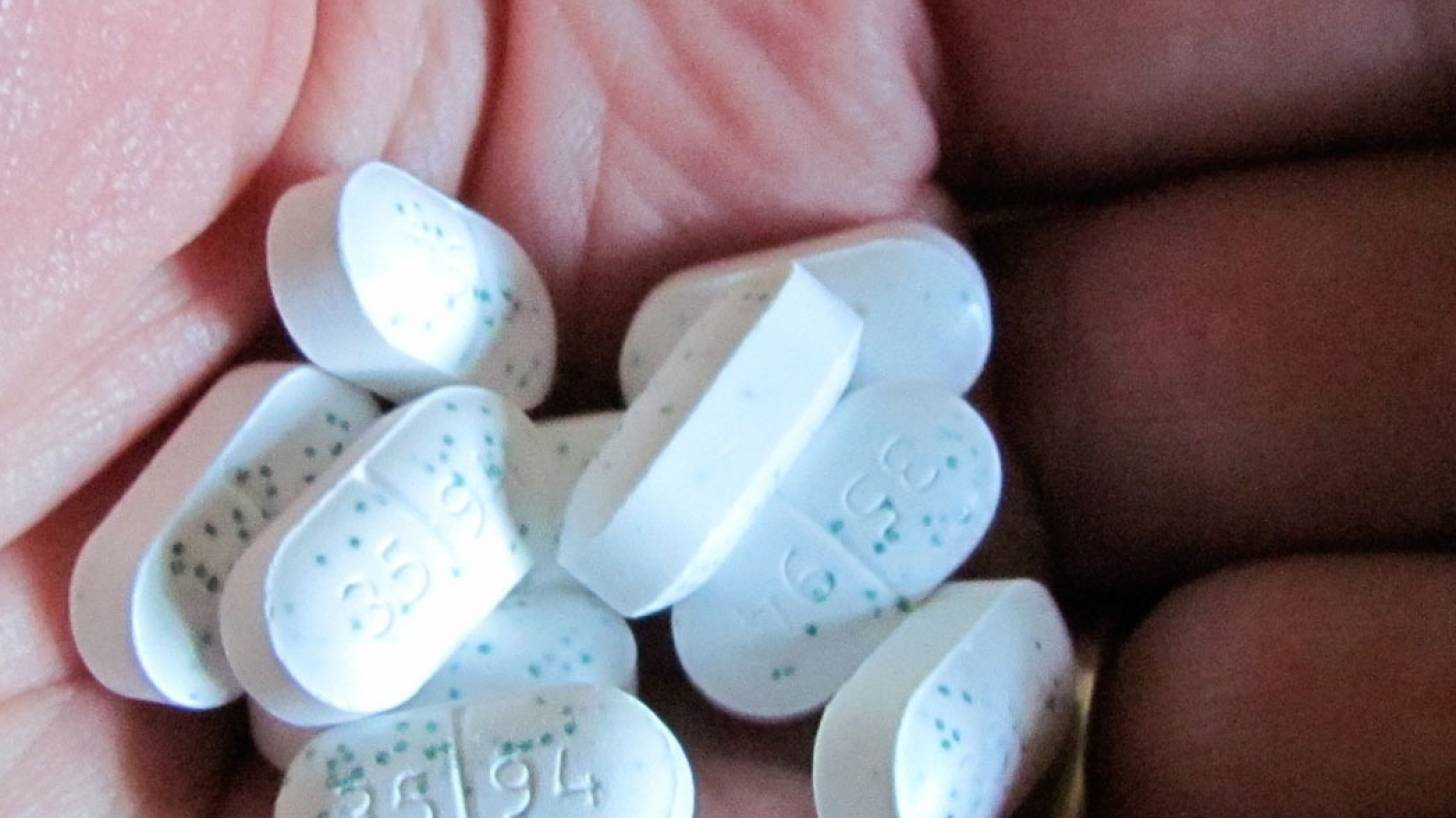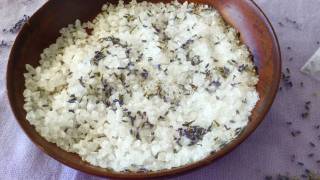Oxycodone Vaccine Candidate Shows Promise

Prescription opioid abuse is an increasing public health concern in the USA. Several medication treatments for opioid addiction are available and in clinical use.
Current drugs for treatment of opioid addiction are effective but have limitations and new alternatives are needed. Active immunization with conjugate vaccines has been studied as a complementary option for the treatment of drug addiction.
Opioid vaccines have been developed, but none have been administered to humans.
The vaccine candidate OXY-dKLH might, therefore, represent a valuable alternative for "engaging more opioid addicts in treatment."
A vaccine comprising a hapten (OXY) conjugated to the carrier protein keyhole limpet hemocyanin (OXY-KLH) has been shown to attenuate the antinociceptive effects of oxycodone, reports a new clinical study.
Among vaccine candidates aimed at treating substance use disorders, those targeting opioids present several unique development challenges, such as:
- Opioid overdose is a common complication of abuse, so it is desirable for an opioid vaccine to block the toxic as well as the addictive effects of opioids.
- It is important that an opioid vaccine not interfere with the action of opioid antagonists used to reverse opioid overdose or treat addiction.
- Some opioids are immunosuppressive and chronic ongoing opioid use could interfere with vaccine immunogenicity.
- Although antibody-bound oxycodone is unable to enter the brain because of its size, it might still be able to activate peripheral opioid receptors.
To assess a vaccine’s impact on opioid toxicity, a rat-based study reported that when vaccinated with oxycodone conjugated to keyhole limpet hemocyanin subunit dimer (OXY-dKLH) adsorbed to alum or controls vaccinated with dKLH were compared with regard to oxycodone-induced hotplate analgesia and oxycodone-induced respiratory depression and bradycardia.
The vaccination shifted the dose-response curves to the right, representing protection, for each of these endpoints.
Naloxone was equally effective in both OXY-dKLH and control groups, providing complete and rapid reversal of respiratory depression.
The administration of a long-acting naltrexone formulation during vaccination did not impair vaccine immunogenicity in mice.
Similarly, serum anti-oxycodone antibody titers were not altered by continuous morphine infusion during vaccination compared to opioid-naïve controls.
Competitive ELISA assay showed negligible or low affinity of immune antiserum for endogenous opioids or opioid antagonists.
In vitro receptor binding assays showed that antibody-bound oxycodone does not activate mu opioid receptors.
This study’s data support further study of OXY-dKLH as a potential treatment for oxycodone abuse and suggest that vaccination might also reduce the severity of oxycodone overdose.
The favorable safety and efficacy data demonstrated in this study for OXY-dKLH support its further development as an additional treatment option for oxycodone abuse. Studies of these vaccines in early phase clinical trials are clearly needed to assess the potential of this strategy as an adjunct to the treatment of opioid use disorder.
This work was supported by National Institutes of Health, National Institute on Drug Abuse grant DA038876 (MP, PRP). Raleigh MD, Peterson SJ, Laudenbach M, Baruffaldi F, Carroll FI, Comer SD, et al. (2017) Safety and efficacy of an oxycodone vaccine. SW was a consultant on this study and owns the company Winston Pharmaceutical Consulting. SDC received compensation (in the form of partial salary support) from studies supported by Braeburn Pharmaceuticals, Cerecor, Indivior, MediciNova, and Reckitt-Benckiser Pharmaceuticals.
Our Trust Standards: Medical Advisory Committee
- Safety and efficacy of an oxycodone vaccine: Addressing some of the unique considerations posed by opioid abuse
- Effects of an Oxycodone Conjugate Vaccine on Oxycodone Self-Administration and Oxycodone-Induced Brain Gene Expression in Rats
- Conjugate Vaccine Immunotherapy for Substance Use Disorder
- Information about Naloxone









